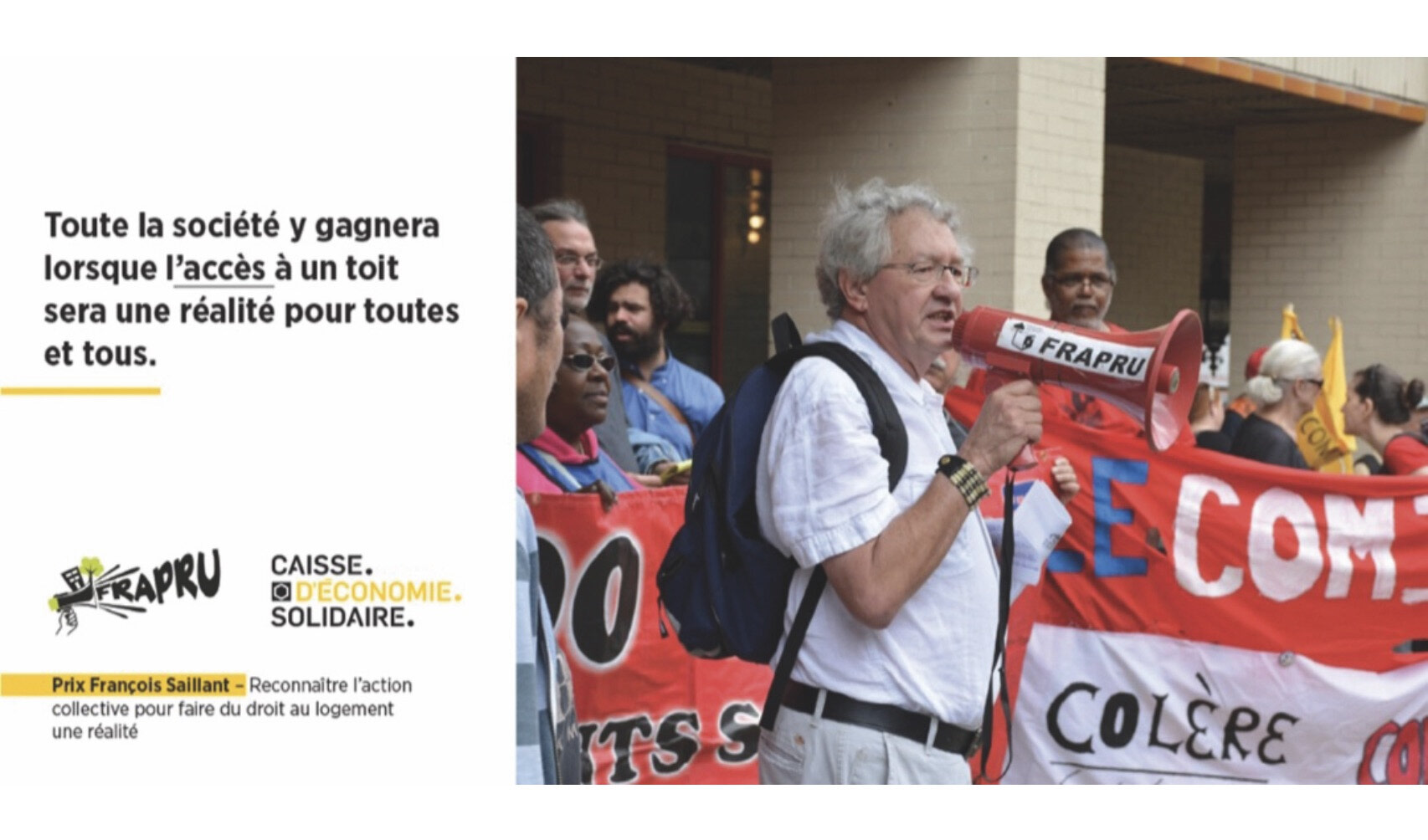The housing crisis in Outaouais hits hard
Tashi Farmilo
The housing crisis is hitting Outaouais hard, and it's not just a local issue - it's a problem across Quebec. In December 2022, the Federal Defender of Housing Rights, FRAPRU, released a report highlighting the severity of the situation and calling for urgent action.
The good news is that Gatineau's Mayor, France Bélisle, has announced that the city is ready to increase its financial contribution to Accès Logis projects from 15% to 20%. This move shows the city's commitment to creating more social housing in the area. The mayor's proposed measures include the donation of land and a tax credit to unblock stalled projects. In exchange, Bélisle has asked for greater flexibility in using the $65 million grant received by the city in 2022 to finance new social housing projects. This would allow the city to finance projects already in the pipeline that are currently blocked due to a lack of funding.
The FRAPRU report recommends a number of urgent measures to address the housing crisis, including using all funds and initiatives in the National Housing Strategy for social housing, increasing transfers to provinces and territories for housing, adding rent supplements to the Rapid Re-Housing Initiative, and acquiring existing apartment buildings for social housing. The report also recommends allocating surplus federal land to social housing projects.
The fight against homelessness must include funding social housing on a much larger scale, and the federal government must increase social transfers to provinces and territories and reform the employment insurance system to protect all unemployed people, especially women. FRAPRU also suggests discouraging real estate speculation by introducing robust tax measures and identifying individuals and companies that engage in it. Finally, a comprehensive national strategy for Aboriginal housing designed by and for Aboriginal people must be adopted and adequately funded to combat poor housing, overcrowding, and homelessness in communities and urban areas.
The Quebec government also has an important role to play in addressing the housing crisis. FRAPRU urges the government to subsidize more new social housing units, restart the construction of low-cost housing, introduce rent control, and establish a rent registry to monitor rent changes and strengthen protections against evictions.
France-Élaine Duranceau, Quebec's Minister of Housing, expressed the government's commitment to accelerating the creation of social and affordable housing in partnership with municipalities. In a recent interview, she praised the Résidence des Ateliers, a model social and affordable housing project in Montreal. The 10-storey building has 193 apartments for independent seniors or seniors with a slight loss of autonomy and 300 employees of the Office municipal d'habitation de Montréal. Minister Duranceau commended the fact that less fortunate people could benefit from the project's breathtaking views, which are usually reserved for the wealthy.
As all the above points have demonstrated, the housing crisis is a serious challenge that requires urgent action from both the federal and provincial governments. Prioritizing social housing, combating homelessness, and protecting vulnerable citizens' right to affordable and decent housing is of the utmost importance. The Résidence des Ateliers is an excellent model of social and affordable housing that can be replicated to address the housing crisis in the Outaouais and beyond.





